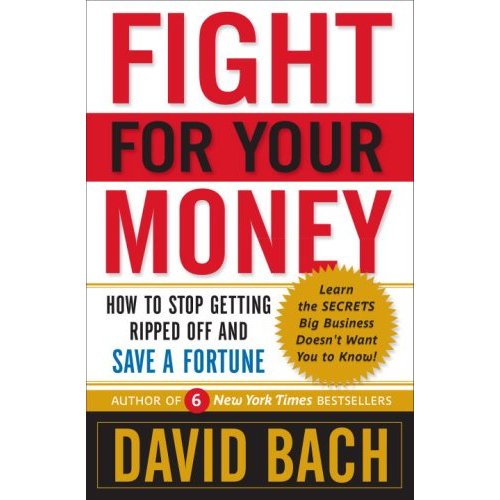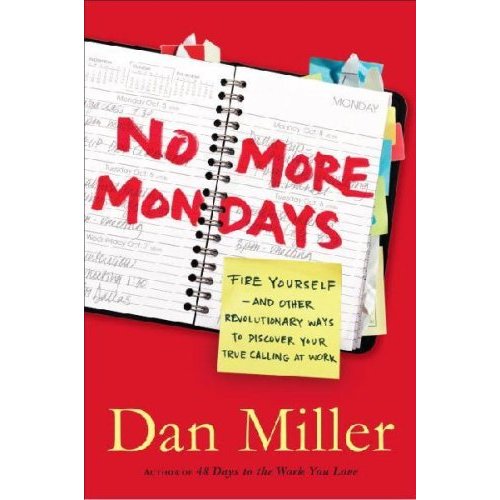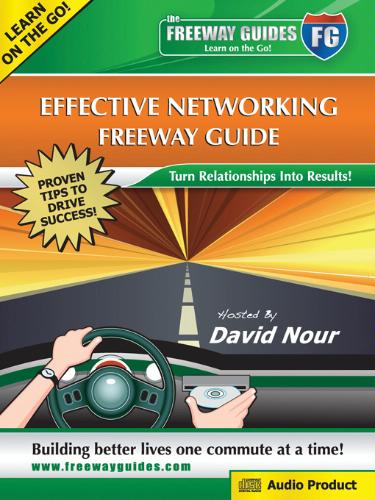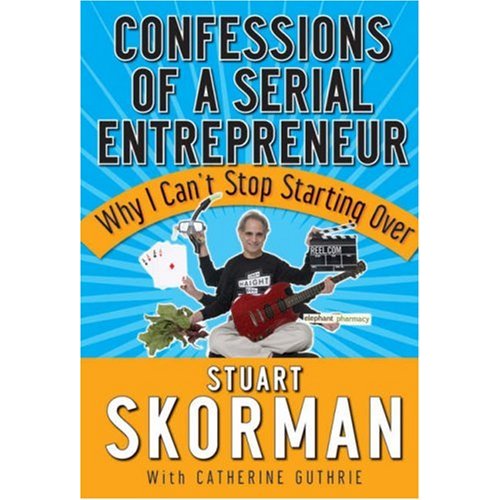This book is packed with money saving tips and how you can fight for getting the money you deserve when you get ripped off. Most of the contents have been common sense for me. The following are the key takeaways for me.
Car buying tips:
– Don’t lease unless you can write off or swap lease (take over others’ lease).
– Avoid buying brand new. 2~3yr old cars are a better buy.
– Do you homework because buying a new car. Go below MSRP cost and haggle over the price of the car, not payment. Don’t finance from the dealer.
– Buying from Car Rental companies may not be a bad idea due to their good maintenance. This is contrary to my belief.
– Extended service contract may not be needed.
– Use carfax for buying used cars.
Car leasing:
– Negotiate on pricing of the car, not the lease payment.
– Could be very expensive after 2~3 years due to the fast depreciation of the car.
– Don’t lease unless you need/want to change cars every 3 years.
– Money factor is like interest rate.
Car rental tips:
– Rent from shops outside of the airports for better deals.
– Check the car, contract and the odometer before driving off the gate.
– Look out for insurance waiver. Most of the waivers are not needed.
– Ask for extras (like GPS) without paying for them.
– Fill up the gas tank before returning the car. Don’t buy the fuel option.
Car repairs:
– Use Angie’s list.
– Pre-qualify the mechanics before you need them.
– Seek a 2nd opinion for major repairs.
– Read the owner’s manual on what needs to be serviced and how often. You don’t need to replace brake pads every time.
Banking:
– Debit card may not be as economical as people think. Banks make money on overdraw fee. And debit cards lack the protection that credit card provides.
– Using PIN with debit cards saves the merchant 7x~8x of fee vs. not using PIN (off-line).
– Was surprised about the universal clause that triggers higher interest when the person miss a bill, not related to the credit card. That’s outrageous.
– Payday loan’s business model is like selling drug: you need to keep going back for more fixes.
Life Insurance:
– Update the beneficiaries.
– Good introduction on various types of insurance: Whole life (cash value invested in money market), Universal Life (cash value managed by fund manager), and Variable Life (cash value) managed by individuals in mutual fund).
– Various kinds of living trusts mentioned. Good to use living trusts to distribute your wealth without probate.
– Create a well.
Saving for college:
– Take advantage of 529 or even Roth IRA. Make sure the children don’t have too much saving to qualify for financial aid.
Credit card:
– Get a free credit report from each of the credit company every 4 months.
Health club:
– Don’t allow auto debit. Use credit card and get a good deal around January of every year.
Lots of other common senses in Real Estate, mortgage, hiring contractor, health club, IRA, bidding on eBay, giving to charity, and etc.
This is a good reference book. Highly recommended for young people who need a finance 101 lessons.
Perhaps, the only missing tip is to check your library for any books that you plan to buy. It’s free to borrow from the library than to buy a book. Conflict of interest, I guess.






